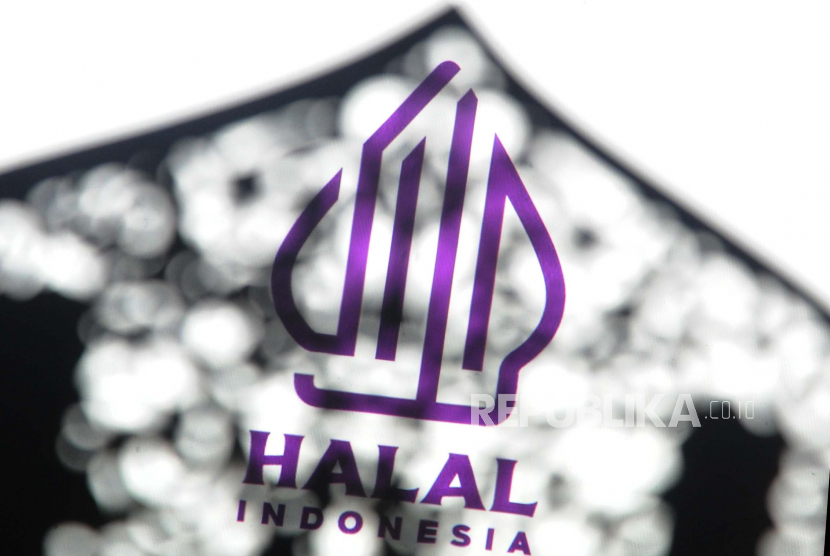REPUBLIKA.CO.ID, JAKARTA-- Sharia economy and finance have experienced rapid development in recent years. This is in line with the growing Muslim population and awareness to use halal products.
Based on data from the Pew Research Center's Forum on Religion and Public Life, the world's Muslim population is expected to reach 2.2 billion, or 26.5 percent of the world's total population, by 2030. The increase in the Muslim population in the world will certainly be accompanied by increased demand for halal products and services.
According to The Global Islamic Economy Indicator 2022, in the scope of the global sharia economy as a whole, Indonesia ranks 4th below Malaysia, Saudi Arabia, United Arab Emirates.
“Based on these data, we imagine the magnitude of Sharia's economic potential in the future. With all its potential, Indonesia should not only become a consumer, but also be a center for the production of halal products in the world,” said Coordinating Minister for Economic Affairs Airlangga Hartarto in an official statement on Thursday (19/10/2023).
Airlangga called the growing demand for halal food an opportunity for the national food and beverage industry. While the development of Muslim fashion trends, it should be exploited by the national textile and textile products industry through a variety of product innovations and optimization of functional textiles. As well as in the pharmaceutical industry and cosmetics industry, optimizing the utilization of Indonesia's unique biodiversity can be a plus.
Indonesia, with the world's largest Muslim population of 236 million people or 12 percent of the world's Muslim population, has a large demand for halal products, which can also be a driver for the growth of the halal industry.
“The halal industry development policy needs to include three main components, namely, first, improving the quality of MSMEs with, of course, sharia financial financing. Second, the establishment of the National Halal Fund to support the halal industry and sharia products. Third, of course, there should be areas built specifically for halal based industries and also to facilitate investment," he said.
The government has also encouraged the implementation of halal industry development in Indonesia through the development of Halal Value Chain integrated with Halal Traceability System and Halal Assurance System. From research and development, to production, distribution and sales and marketing to domestic and global markets. With the hope, Indonesia as part of the Global Halal Value Chain can spearhead Halal Traceability and a reliable Halal Assurance System.
Airlangga stated that halal industry opportunities in special areas could also be encouraged through the development of special areas in one location to accommodate the entire halal industry or the development of halal industry clusters in existing special areas. Currently, three Halal Industrial Areas have been built, namely in Banten Province, East Java, and Riau Islands, which can be the initial foundation for making Indonesia a global halal hub and improving the sharia based on industry in Indonesia.
“The halal industry should be the cornerstone of the economy. Not only Indonesia as a consumer, but also as a producer of domestic and global markets,” he said.


